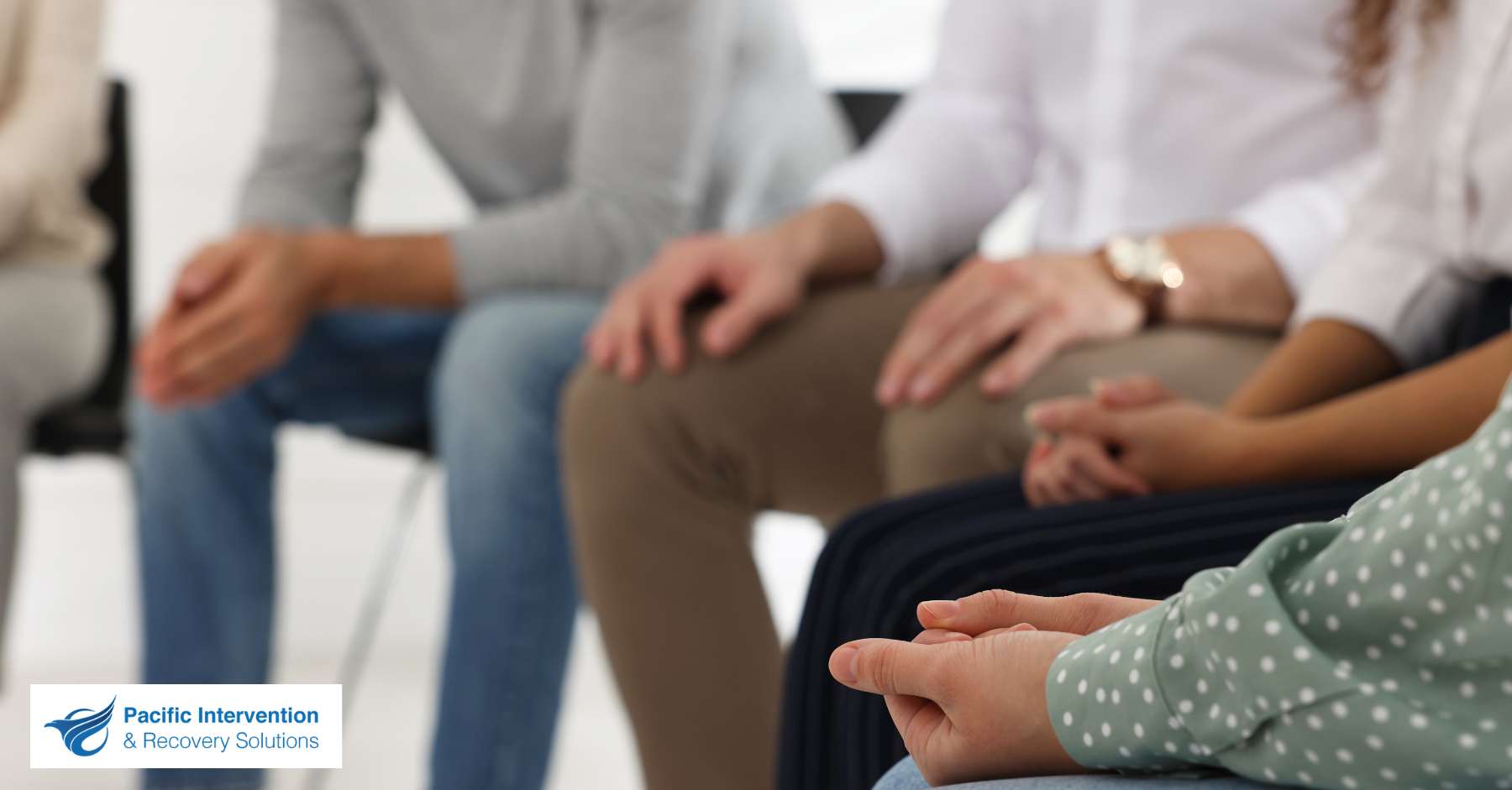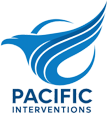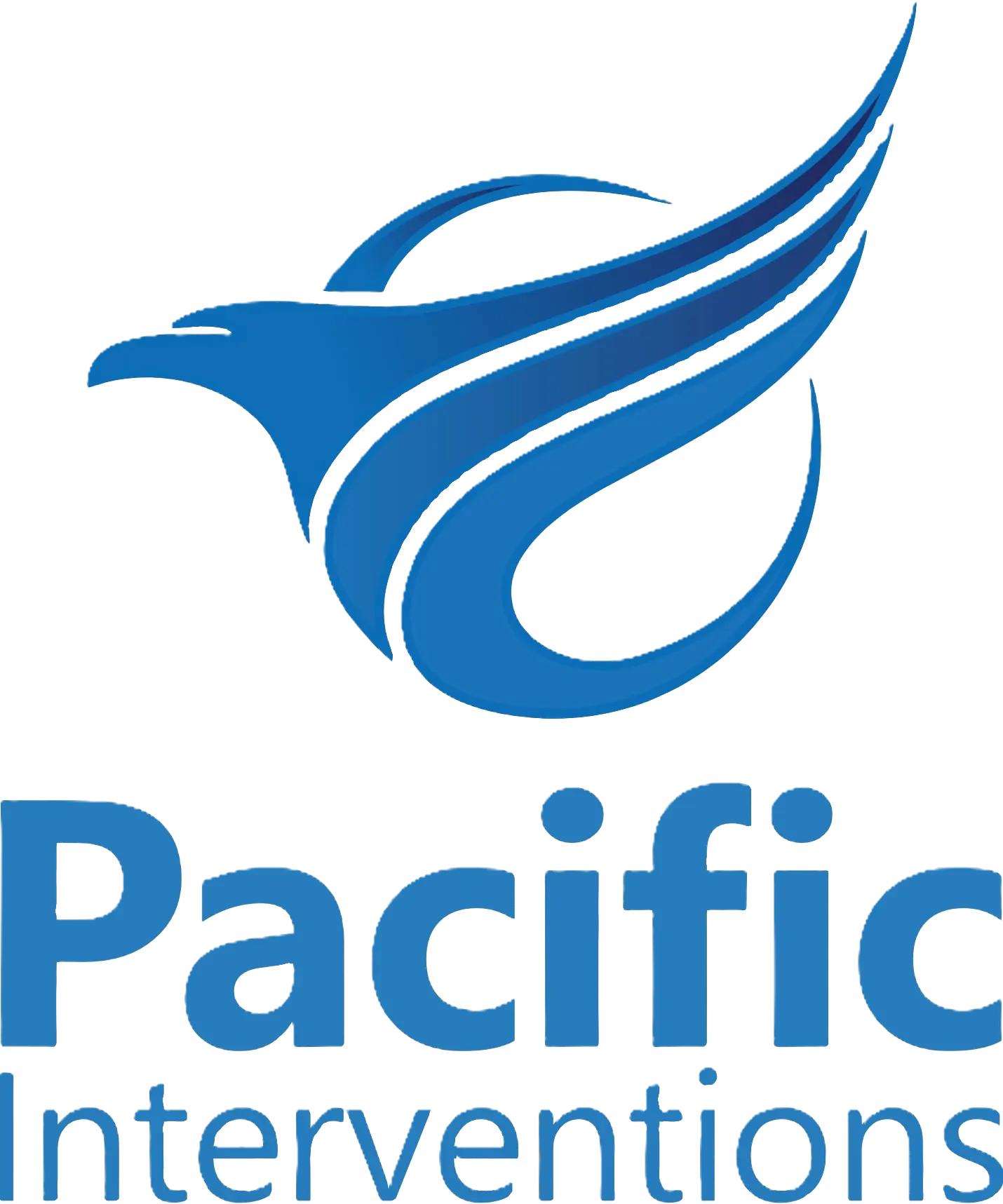It is difficult to know how to help a friend or family member with a cocaine addiction. Cocaine addiction can severely impact relationships, and finding a suitable treatment can be even more difficult. While this type of intervention can be unpleasant, it is worthwhile and can start treatment and recovery for the person you love.
This article aims to explore cocaine addiction and its signs and symptoms, how to approach a loved one who is addicted to cocaine, various types of cocaine addiction treatment, and the role of family and friends in recovery. Pacific Interventions is a specialized medical center that can help your loved ones manage the symptoms of cocaine addiction and recover from it as safely as possible.

Signs and Symptoms of Cocaine Addiction
If you want to know what the symptoms and signs of cocaine use are, some of the more common symptoms of this kind of addiction are:
- High levels of pleasure and energy
- Irritability
- Dilated pupils
- Mental vigilance
- High sensitivity to sight, sound, and touch
- Restlessness
- Extreme and Unjustified distrust of others
- Nausea
- Tremors

How to Approach a Loved One with Cocaine Addiction?
One of the most significant things to know when approaching a loved one who struggles with cocaine addiction is to be understanding and compassionate. You want to ensure your loved one understands that you support their recovery entirely and know that addiction is a battle that will not be simple to overcome.
Ensure that you will support them throughout the whole cocaine addiction treatment process, such as potential relapse issues. This sort of encouragement and comfort can make a big difference for someone abusing cocaine, who may already be feeling isolated by their drug habits. Do not use language that annoys your loved one or their addiction, and avoid criticizing them for it.
As far as you can, try to talk to them as though they are grappling with any other disease. Addiction is broadly identified as a chronic, relapsing disease of the brain. While your loved one may have initially chosen to use it, changes in the brain make it very challenging for them to quit.
Your loved one may demonstrate anger or justify their drug use and deny that it’s a problem. This is common. Say you don’t wish to observe them struggle, and ask whether they would be eager for assistance. If they disagree immediately, give it time and try again. Approaching someone with cocaine addiction to speak about their addiction and potential treatment choices can feel frightening. Still, with proper preparation, you can make the most significant difference in their lives.

Treatment Options for Cocaine Addiction
Once the person grappling with cocaine addiction decides to seek assistance, the next step is to investigate different treatment options. There are two types of treatment for cocaine addiction: inpatient and outpatient treatment.
The majority of outpatient treatment programs are accessible to those addicted to cocaine. During treatment, the person participates in group therapy sessions and lectures on drug misuse, addiction, and recovery. If they choose to participate in an outpatient program, you must have a robust support system at home to help with their recovery.
If they think that they cannot avoid triggers and can easily access drugs, however, they may want to follow inpatient rehabilitation for cocaine. Inpatient cocaine treatment programs are more organized. They are needed to remain at the center for their treatment.
When they first arrive, they will probably complete the detox process. Cocaine rehabilitation centers provide medical professionals to help them with any cocaine addiction symptoms they might undergo, like depression or exhaustion. Once the cocaine detoxification process is finished, they will then participate in individual and group therapy sessions and educational classes and learn how to lead their life without cocaine. Their time spent at the center concentrates on their recovery and makes them ready to face the world without using cocaine.

The Role of Family and Friends in Recovery
Family members and friends can play a pivotal role in their loved one’s recovery. In many cases, you can cooperate with your loved one to persuade them to seek help. A healthy support system can also help inhibit relapse. Here’s how a family member or a friend can help someone to get rid of cocaine addiction effectively:
- Learn about addiction: You must devote time to educating yourself about addiction and the recovery process. You can better understand what your loved one is experiencing and offer the support they require.
- Ask what they want: You must let your loved one decide how involved you should be in their recovery. You should know what they need during this process and how you can help them without making judgments.
- Encourage them: It’s crucial that your loved one feels confident managing problems as they happen, knowing they can turn to you for emotional support.
- Promote responsibility: Provide your loved one with encouragement and compassion while also holding them accountable. Determine specific boundaries, but be ready to talk to them whenever required.

Long-term Recovery from Cocaine Addiction
Long-term recovery from cocaine addiction includes continued support and maintenance to inhibit and manage cocaine addiction relapse and promote a healthy, drug-free lifestyle. After completing detox and initial treatment, individuals may participate in a comprehensive aftercare program tailored to their specific needs. This may involve ongoing therapy, counselling, support groups, and other interventions to deal with underlying issues.
Conclusion
Helping someone with cocaine addiction needs a comprehensive and compassionate approach. It is crucial to provide support, understanding, and encouragement to the individual as they navigate the challenges of addiction recovery. Encouraging them to seek professional help like therapy, counselling, or a substance abuse treatment program can tremendously increase their chances of successful recovery.
FAQs
1. Can cocaine addiction be treated alongside other mental issues?
Yes, cocaine addiction can be treated alongside other mental health issues. It is common for individuals with substance use disorders like cocaine addiction to also have co-occurring mental health issues like depression, anxiety, and trauma-related disorders that are known as dual diagnosis or co-occurring disorders.
2. What to do if my loved one relapses during their recovery?
If your loved one experiences a relapse during their recovery from cocaine addiction, it is essential to respond with understanding, compassion, and support.
3. How do I approach someone about their cocaine addiction?
Approaching someone about their cocaine addiction can be a difficult situation. It is necessary to choose the right time and place, express empathy, offer support for cocaine addiction, and encourage open communication.



